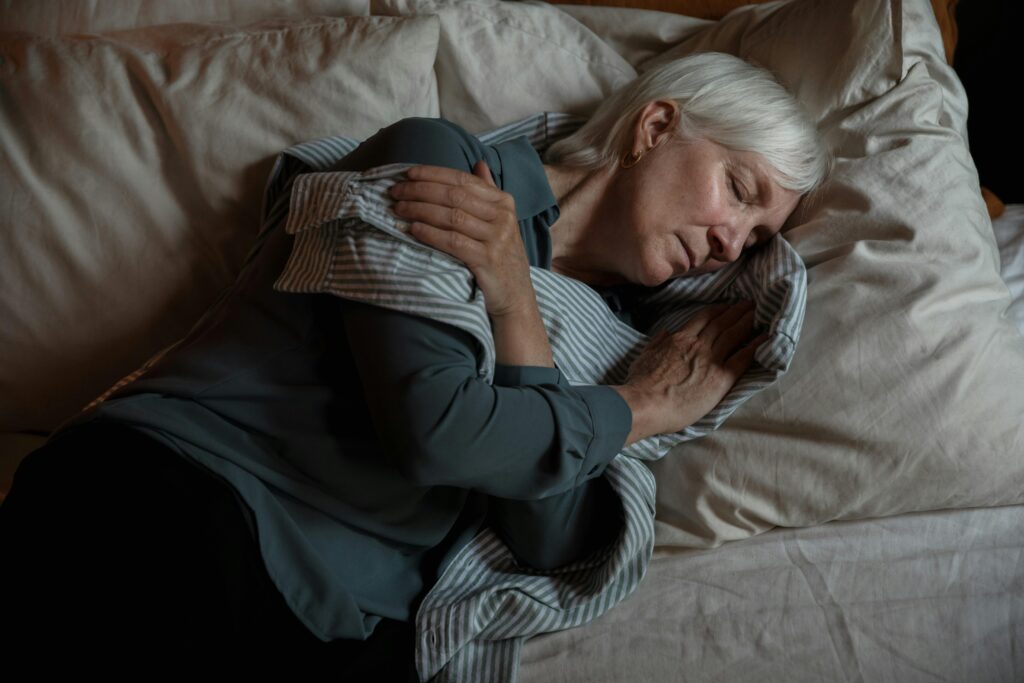Nursing home abuse is a serious issue that affects thousands of elderly residents each year. If you suspect that your loved one is being mistreated in a long-term care facility, it is crucial to understand your legal rights and the steps you can take to protect them. At P&P Law Firm, we specialize in holding negligent facilities accountable and ensuring victims receive justice.
Recognizing the Signs of Nursing Home Abuse
Abuse in nursing homes can take many forms, including physical, emotional, financial, and neglect. Recognizing the signs early is essential in stopping the abuse and pursuing legal action. Common indicators include:
- Physical Abuse: Unexplained bruises, burns, fractures, or restraint marks
- Emotional Abuse: Withdrawal, fearfulness, sudden mood changes, or unusual behaviors
- Financial Exploitation: Unexplained bank transactions, missing personal items, or sudden changes in financial documents
- Neglect: Malnutrition, dehydration, bedsores, poor hygiene, or unsanitary living conditions
If you notice any of these signs, document them immediately and consult a qualified nursing home abuse attorney.
How Do You Prove Nursing Home Abuse?
Proving nursing home abuse requires a combination of evidence, expert testimony, and legal knowledge. Key steps in building a case include:
- Document Everything – Take photos of injuries, unsanitary conditions, or any other concerning evidence. Keep records of changes in behavior, medical reports, and financial statements.
- Obtain Medical Records – A medical professional’s evaluation can provide crucial evidence of abuse or neglect.
- Speak to Witnesses – Other residents, staff, or visitors may have observed mistreatment and can provide valuable testimony.
- Report the Abuse – File a complaint with the California Department of Public Health (CDPH) and local law enforcement if necessary.
- Consult an Attorney – An experienced California nursing home abuse attorney can guide you through the legal process and help you build a strong case.
Legal Actions You Can Take
Victims of nursing home abuse and their families have several legal options, including:
1. Filing a Civil Lawsuit
A lawsuit can help victims recover compensation for medical expenses, pain and suffering, and emotional distress. If the abuse resulted in wrongful death, families may be entitled to additional damages.
2. Reporting to State Agencies
In California, the CDPH and the California Department of Social Services investigate reports of elder abuse. Facilities found in violation may face fines, penalties, or even license revocation.
3. Pursuing Criminal Charges
Severe cases of nursing home abuse, especially those involving physical harm, neglect leading to death, or financial exploitation, may warrant criminal prosecution.
What Compensation Can You Recover?
Victims of nursing home abuse may be entitled to various forms of compensation, including:
- Medical costs for treatment related to the abuse
- Pain and suffering damages
- Relocation costs if the victim must be moved to another facility
- Punitive damages in cases of extreme negligence or malicious intent
Each case is unique, and the potential settlement or verdict depends on the severity of the abuse and the quality of legal representation.
Why Hire a Nursing Home Abuse Attorney?
Handling a nursing home abuse case can be complex, requiring legal expertise and resources to prove negligence and hold the facility accountable. A skilled attorney can:
- Conduct a thorough investigation
- Gather and present compelling evidence
- Negotiate settlements or take the case to trial if necessary
- Advocate for maximum compensation
At P&P Law Firm, we specialize in California nursing home abuse cases and are committed to protecting the rights of vulnerable elderly individuals.
Take Action Today
If you suspect that your loved one is a victim of nursing home abuse, don’t wait to take legal action. The sooner you act, the better the chances of securing justice and preventing further harm. Contact P&P Law Firm today for a free case review and let our experienced attorneys fight for your loved one’s rights.
Call us now or fill out our online form to schedule a consultation.


